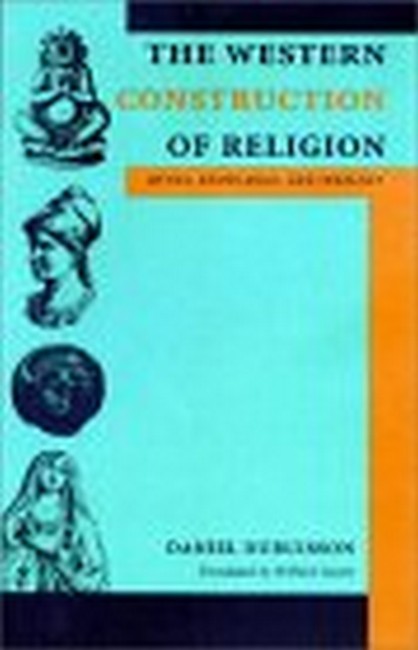In this book, anthropologist and historian of religion Daniel Dubuisson contests Mircea Eliade's theory of the existence of a universal Homo Religiosus and argues that ''religion'' as a discrete concept is a Western construct, an invention of nineteenth-century scholars who created it as a field of scientific study. Before that time, there was little attempt to step outside religious experience and objectify it. In fact, the difference between ''secular'' and ''religious'' as understood in the West is meaningless in many non-Western cultures. While Dubuisson still regards the study of beliefs and belief-systems as legitimate, he argues that the word ''religion'' is too fraught with ideology and too Western in its associated meanings to be useful. Instead, he proposes the term ''cosmographic formation,'' which would speak to a more universal human response to the congeries of experience we call Being, the Sacred, or God. Challenging readers to examine notions of what religion is, this book is sure to generate disagreement and controversy. The Western Construction of Religion not only provides a critical assessment of the whole history of ''religion'' as it is understood in the West but also offers better ways of constructing the study of this central part of human experience.Reviews''Nowadays it is axiomatic to dismiss concepts like 'religion' as mere constructions, and constructions employed for self-serving ends. Daniel Dubuisson's book, newly translated from the French, is not merely one more in this line. His is the richest, broadest dissection to date of at once the origin, the function, and the meaning of the term. Above all, he demonstrates the grip the term has held over scholars, even in their disputes with one another. If, after all the arguments amassed by Dubuisson, the term remains defensible, a 'dream team' defense will be needed. Dubuisson's work is written with a passion and an intensity that seem barely containable.''Robert A. Segal, University of Lancaster''This is an important and provocative book, written with sharp, surgical prose, lucid argument and high spirit. Daniel Dubuisson's essential theoretical and critical enquiry constitutes a complete critical overview of the 'history of religion' as a concept, and, more ambitiously, a reconstruction of the very heart of our notion of 'religion' itself. Few people in this field have undertaken quite such a program of redefinition, and in my opinion no one involved in the scholarship of the history of religions can afford to ignore this book.''Dean A. Miller, University of Rochester''This book stands out among recent examinations of religion' and is a valuable point of reference for related work in the field.''Steven Engler, Religious Studies Review''In this important book, Dubuisson offers what could be described as a Feuerbachian critique of religious studies, including comparative, sociological, and especially anthropological accounts of the phenomenon taken to be 'religion.'''Choice''A very rich synthesis, this book brings together the various stages of work by a critical and theoretical researcher of anthropology.''Science Humaine

